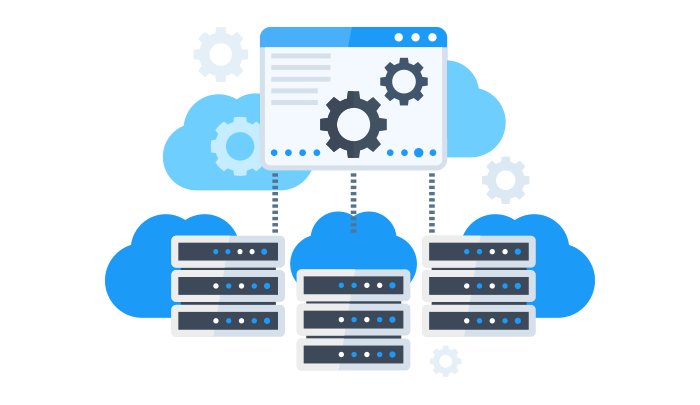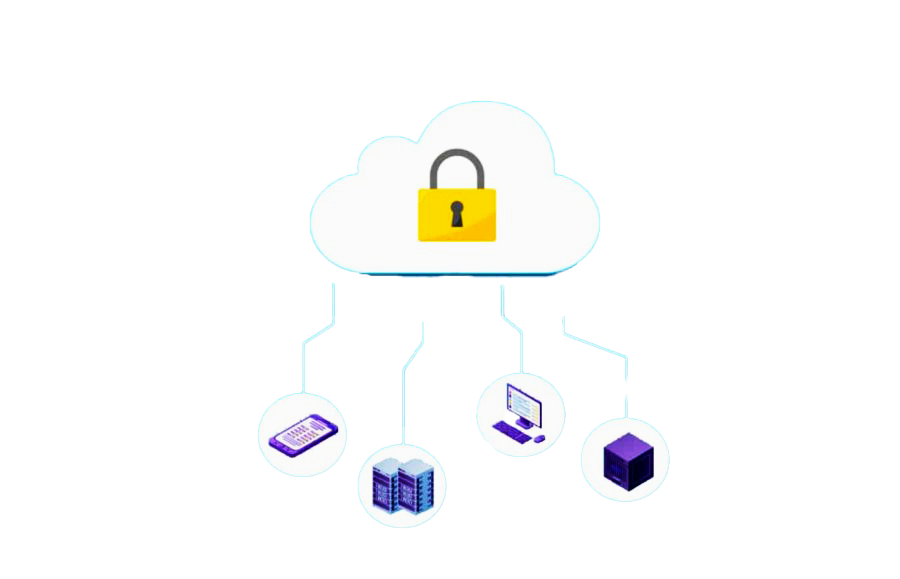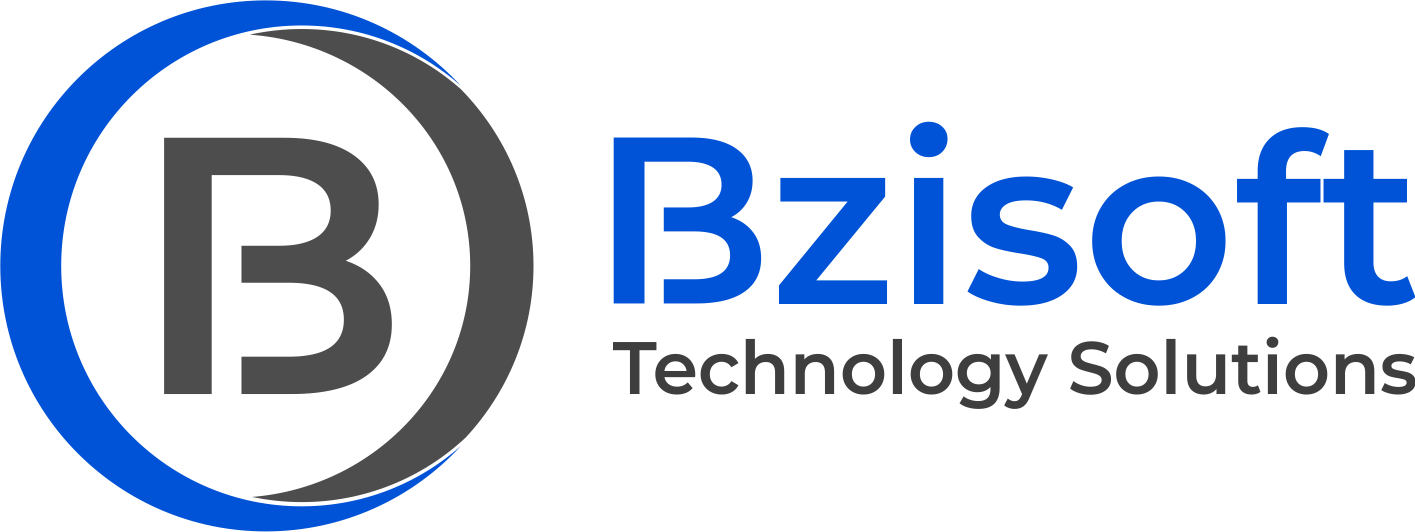
Scalable Platform
Data can be easily stored, downloaded, restored, or processed with just a few clicks. Users can access their accounts on the go, 24/7, through any device, anywhere as long as they have an internet connection.
In addition, users can proactively scale up or down resources or choose the service that best suits their needs.

Save time
Cloud computing allows users to easily access a wide range of technologies, enabling them to innovate faster and develop per their goals and objectives.
Users can quickly acquire the resources they need from infrastructure services, such as computing, storage, and databases, to the Internet of Things, machine learning, data warehouses, analytics, and more.

Cost Savings
Cloud computing services can help businesses save budget costs by minimizing or eliminating fixed costs such as the need for an on-premises data center (no need to install servers, hardware, software, equipment depreciation, etc.).
Businesses will save money when using cloud computing services on virtual servers because they only have to pay for the services and needs they use.

High Security
Reputable virtual server providers will have large data centers with modern physical server systems. The infrastructure, such as electricity, optical fiber, and fire protection systems, is always ready to ensure no interruptions for users.
In particular, the cloud computing system is designed by a team of experienced engineers, with multiple layers of security, so it has a very high level of security, providing users with a continuous, stable, and secure service experience.


 Tiếng Việt
Tiếng Việt